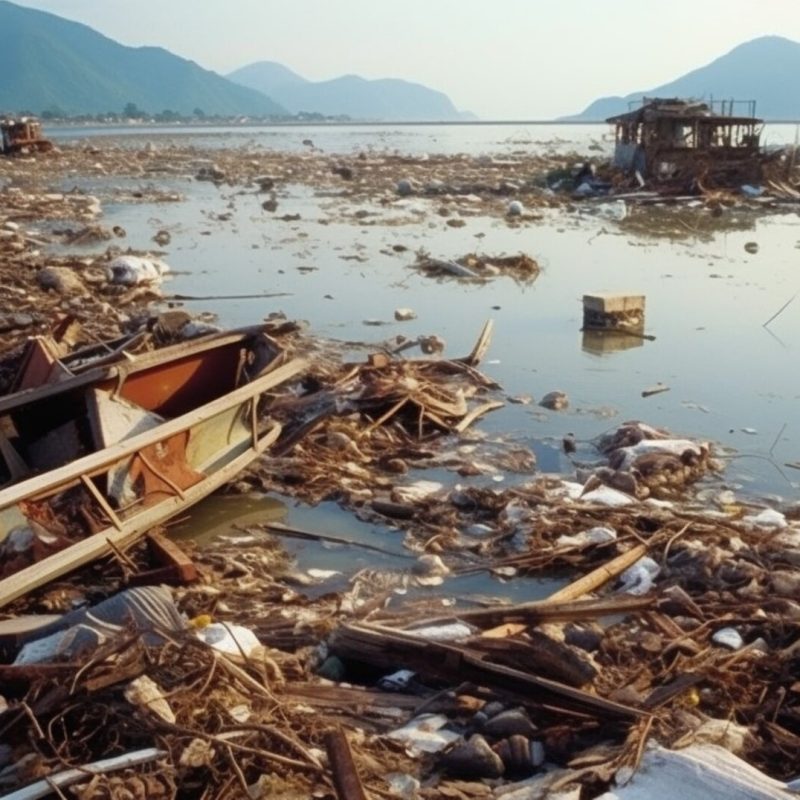Case Studies
Highlights key challenges, strategic approaches, and measurable results that demonstrate our commitment to delivering impactful results
Social Justice Focus




Background
Earthwise Insights is committed to equity, ensuring that underserved communities receive the support and resources needed to create lasting change. We empower residents as partners in the journey toward sustainable, resilient futures.
PARTNERSHIPS
Resource Mobilization
Mobilize resources from like-minded stakeholders to invest in the design & implementation of climate-related research
Expert Insights
We aim to collaborate with organizations and individuals to develop high-level data for decision making at macro and micro scale
Technology for Diversification
Mobilize resources from like-minded stakeholders to incorporate tech into our solutions for comprehensive insights and to improve accessibility
Case Study 1
Mapping Solid Waste Management in Mogadishu
Background
In partnership with Spatial Collective, Humanitarian Open Street Map Team and OSM Somalia, the goal was to create high-quality geographic data to map the extent and distribution of waste sites, using a comprehensive approach that considered social, economic, environmental, and governance factors to tackle solid waste management in Mogadishu.
Outcome
The integration of diverse data sources produced detailed maps and analyses, offering a clear understanding of Mogadishu’s waste management ecosystem.
Policymakers can now use this data to develop targeted strategies for the city’s waste challenges.
Impact
The project emphasized the value of mixed-method approaches and local involvement in data collection.
These insights are set to improve waste management in Mogadishu, benefiting both governance structures and local communities.
Case Study 2
Mapping Drainage Infrastructure in Zanzibar City
Background
As part of an industrial training program by Spatial Collective collaborated with Zanzibar students to address key data needs identified by civil society, government, and the private sector.
The main tasks were creating a base map, mapping roads and drainage systems, and conducting a household survey in Zanzibar City’s Urban West.
Drainage mapping was particularly challenging due to the varied and changing infrastructure.
Outcome
The data collected was used to create a comprehensive map of Zanzibar City’s drainage infrastructure, offering a valuable resource for urban planning and flood risk management.
Local authorities and stakeholders can now use this data to improve drainage systems and guide urban development.
Impact
The training provided students with practical fieldwork skills and generated crucial data for Zanzibar City.
The standardized approach ensured accuracy and consistency, making it a reliable tool for decision-makers and highlighting the importance of detailed infrastructure mapping in rapidly developing areas.
Case Study 3
Addressing Informal Waste Management in Nairobi's Informal Settlements
Background
In Nairobi’s informal settlements, informal groups like the Juja Road Self-Help Group have emerged as vital providers of waste management services, as shown by a study by Spatial Collective.
These initiatives fill the gap left by inadequate public services, but their operations raise concerns that need addressing. Allegations of coercion, limitations in waste disposal capabilities, and the lack of formal recognition by city authorities have highlighted the challenges and potential improvements needed in these informal governance systems.
Outcome
A pragmatic approach is required to address these issues. Informal governance initiatives are likely to continue playing a crucial role in providing essential services in Nairobi’s informal settlements. However, improvements can and should be made.
By focusing on recycling and sustainability, informal groups can enhance their impact, while formal recognition and collaboration with city authorities can lead to better service delivery and governance.
Impact
The continued collaboration between informal groups and city authorities is crucial for improving the lives of residents in Nairobi’s poorest areas.
Addressing waste management and other public service challenges in these settlements is urgent and will be a key indicator of Kenya’s ability to ensure long-term sustainability in its economic model.
